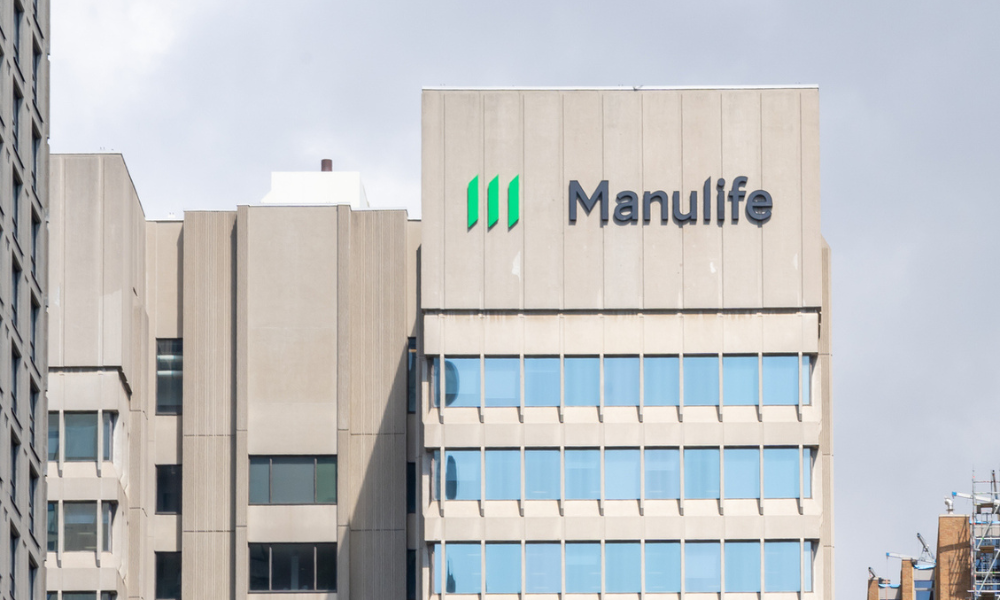Nearly half of Canadian parents differ on whether and how to give kids an allowance, report finds

The latest Canadian Allowance Report by Mydoh highlights notable inconsistencies in how Canadian parents handle allowances for their children aged 6 to 17.
According to the findings, 47 percent of Canadian parents provide an allowance, meaning that an equal proportion do not follow this practice at all. The effectiveness of withholding allowance as a disciplinary tool is also a matter of debate among parents.
Angelique de Montbrun, chief operating officer and chief marketing officer at Mydoh, emphasizes the uncertainty surrounding the role of allowances in fostering good financial habits in children.
She notes, “Maybe we shouldn't be surprised that one-in-four Canadian parents find it easier to discuss the 'birds and the bees' than money.”
The report, powered by Mydoh and conducted in partnership with Ipsos, reveals regional differences: BC parents, on average, provide the lowest weekly allowance at $17.80, whereas Ontario parents are the most generous, offering an average of $23.90—a yearly difference exceeding $300.
Additionally, BC children typically start receiving an allowance around the age of 11, which is later than their counterparts in Manitoba and Saskatchewan, who begin at around nine.
Financial expert and accredited Financial Counsellor Jessica Moorhouse has partnered with Mydoh to offer parents guidance on establishing effective allowance practices, which she refers to as the ABCs of allowance.
Moorhouse advocates for autonomy, suggesting that while parents may set some saving expectations, children should have significant control over their allowance to learn financial independence.
“Your child may impulsively spend a month's worth of allowance at the candy store, but it's a powerful opportunity to teach a lesson about saving,” she explains.
Moorhouse also stresses the importance of buy-in, advising that allowance terms should be clearly understood by children to foster engagement and positive financial associations.
She emphasizes consistency in giving allowance, noting that irregular payments can confuse children and create negative perceptions of money.
With the majority of parents still using physical money to manage allowances, Mydoh offers a digital solution through its subscription-free service.
The Mydoh Smart Cash Card, a reloadable prepaid Visa card, allows parents to automate allowance payments and provides a practical tool for children and teens to manage their funds in a predominantly cashless society.



